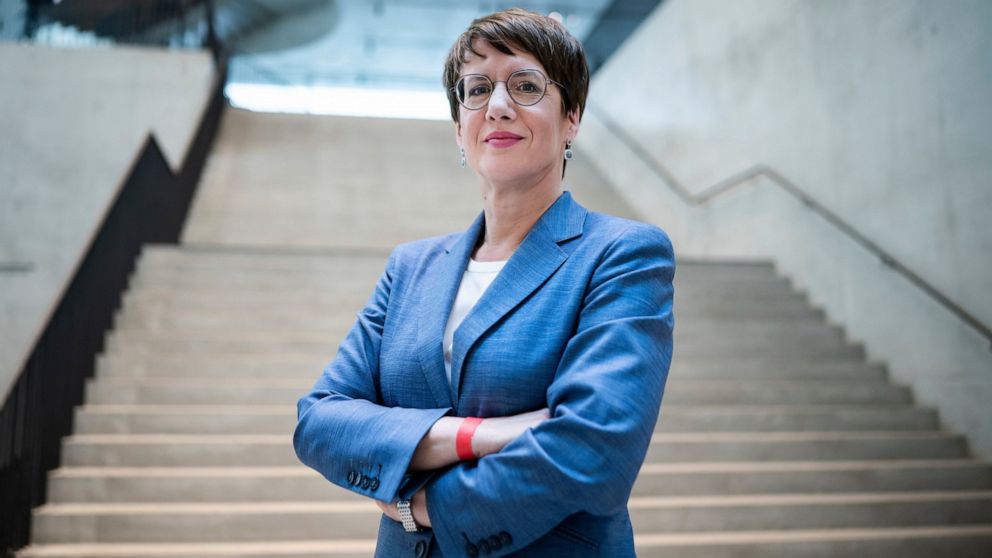
Berlin museum centering on Germans expelled after WWII opens
ABC News
Germany is opening a museum exploring the fate of millions of Germans forced to leave eastern and central Europe at the end of World War II, along with other forced displacements of the 20th and 21st centuries
BERLIN -- Germany is opening a museum exploring the fate of millions of Germans forced to leave eastern and central Europe at the end of World War II, along with other forced displacements of the 20th and 21st centuries — a sensitive project that has taken years to realize. Chancellor Angela Merkel is due to speak to an opening ceremony Monday for the Documentation Center for Displacement, Expulsion, Reconciliation, more than 13 years after her government gave the plan the go-ahead. Housed in a late-1920s building in downtown Berlin, it features some 700 exhibits over 1,500 square meters (16,000 square feet). Making the project reality was long viewed as “an impossible balancing act,” said the center's director, Gundula Bavendamm, recalling “heated arguments about priorities and contextualization.” Controversies revolved around one central question, she said: “How can the exodus and expulsion of Germans at the end of and after World War II be portrayed without raising the slightest doubt that this country is aware of its lasting responsibility for the German crimes of World War II and the murder of European Jews?”More Related News
